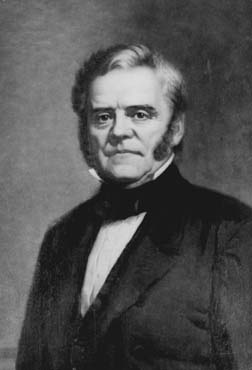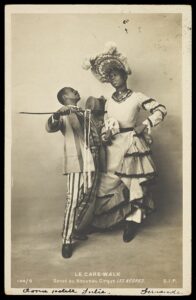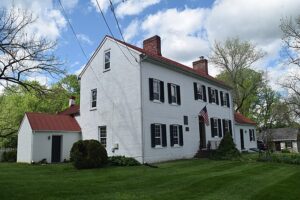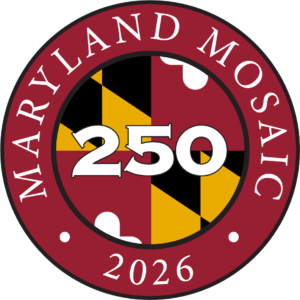Led by Governor Thomas Holliday Hicks (1798-1865), the Maryland General Assembly votes 53-13 that it does not have the power to secede and join the Confederacy. The vote, one of most significant in the entire Civil War, is a mighty assist to President Lincoln. It means that the U.S. Capital is not surrounded by Confederate States in rebellion.
Governor Hicks, both pro-slavery and anti-secession, represents the dilemma of a border state. After serving as sheriff and in other offices in Dorchester County, Hicks is elected governor in the disputed 1858 election as the Know Nothing Party candidate.
As a member of the Know Nothing party he is both anti-immigration and anti-Catholic and is also an enslaver. He opposes much of the Lincoln administration platform and tries to prevent federal troops from being transported through Maryland to the national capital.
He refuses, however, to let Maryland secede because he believes that the Constitution does not permit it. He moves the General Assembly away from the secessionists in Annapolis to Frederick. The Assembly then votes to agree to stay in the Union by a wide margin.
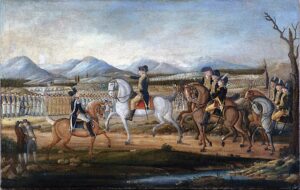
The Whiskey Rebellion challenges the government’s authority
President Washington subdues a rebellion against a tax on whiskey in 1797, establishing the federal government’s ability to tax citizens and suppress violent resistance to laws.


